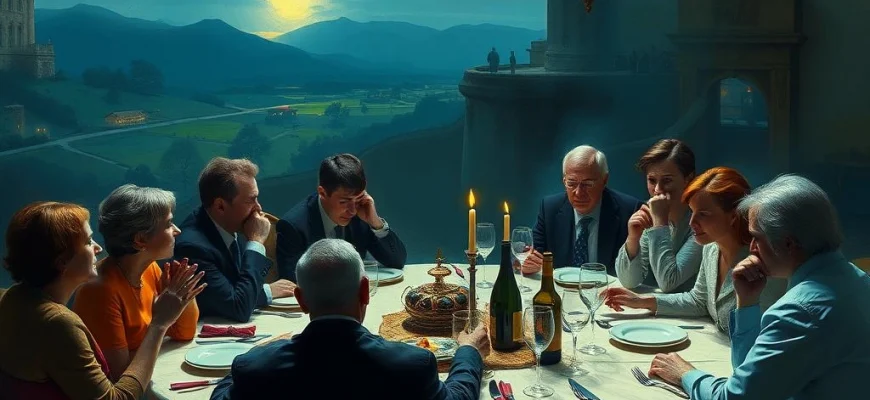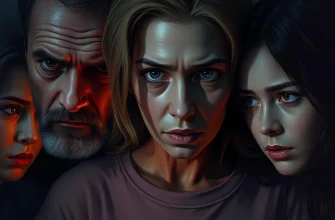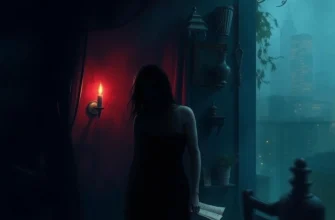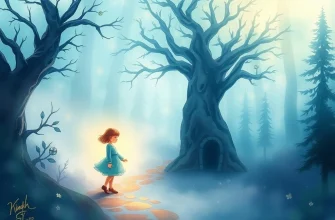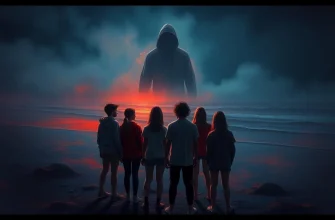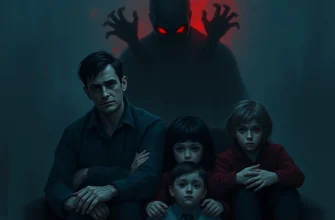Fans von 'Der diskrete Charme der Bourgeoisie' (1972) werden diesen Artikel lieben! Hier präsentieren wir 10 Filme und Serien, die den gleichen surrealen, satirischen und gesellschaftskritischen Charme wie Luis Buñuels Meisterwerk besitzen. Entdecken Sie ähnliche Werke, die Sie begeistern werden.
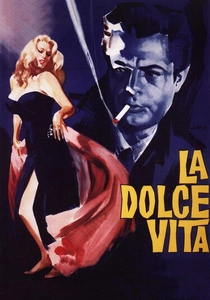
La Dolce Vita (1960)
Beschreibung: A sprawling critique of modern decadence and the search for meaning, filled with iconic imagery and a satirical take on the idle rich.
Fakt: The film's famous Trevi Fountain scene became one of the most iconic moments in cinema history.
 Jetzt ansehen
Jetzt ansehen

The Exterminating Angel (1962)
Beschreibung: A surreal exploration of social conventions and human behavior, where guests at a dinner party find themselves inexplicably unable to leave, highlighting the absurdity of bourgeois norms.
Fakt: The film was banned in Spain until after Franco's death due to its perceived critique of the upper class.
 Jetzt ansehen
Jetzt ansehen
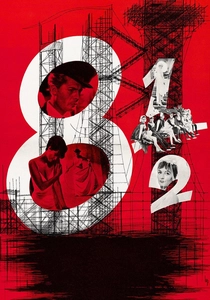
8½ (1963)
Beschreibung: A meta-narrative about creativity and the struggles of an artist, using dreamlike sequences to blur the lines between reality and imagination.
Fakt: The title refers to the number of films Federico Fellini had directed up to that point, including collaborations and short films.
 Jetzt ansehen
Jetzt ansehen

The Trial (1962)
Beschreibung: A Kafkaesque nightmare of bureaucracy and existential dread, where the protagonist is trapped in an absurd and incomprehensible legal system.
Fakt: The film's sets were designed to create a claustrophobic, labyrinthine atmosphere, mirroring the protagonist's psychological state.
 Jetzt ansehen
Jetzt ansehen
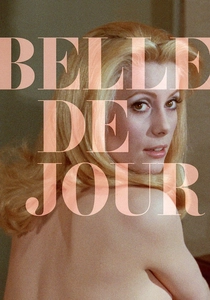
Belle de Jour (1967)
Beschreibung: Delves into the duality of human desires and societal expectations, blending reality with fantasy to critique the constraints of bourgeois life.
Fakt: Catherine Deneuve's character was inspired by a real-life case of a high-society woman who worked in a brothel.
 Jetzt ansehen
Jetzt ansehen

The Phantom of Liberty (1974)
Beschreibung: A series of interconnected vignettes that challenge conventional narratives and societal norms, using surreal humor to expose the absurdity of human behavior.
Fakt: The film's title is derived from a line in 'The Communist Manifesto,' reflecting its subversive themes.
 Jetzt ansehen
Jetzt ansehen

That Obscure Object of Desire (1977)
Beschreibung: Explores themes of obsession and unattainable desire through a fragmented narrative, questioning the nature of love and social constructs.
Fakt: Two different actresses play the same character, a unique choice that underscores the film's themes of duality and illusion.
 Jetzt ansehen
Jetzt ansehen
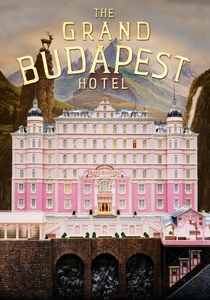
The Grand Budapest Hotel (2014)
Beschreibung: A whimsical yet darkly comedic tale of nostalgia, loss, and the eccentricities of high society, told through a meticulously crafted visual style.
Fakt: The film's distinctive color palette was inspired by the works of mid-20th-century European painters.
 Jetzt ansehen
Jetzt ansehen

The Great Beauty (2013)
Beschreibung: A visually stunning meditation on art, life, and the emptiness of high society, blending satire with profound existential reflection.
Fakt: The film's protagonist was inspired by a real-life Italian journalist and socialite, adding a layer of authenticity to its critique of the elite.
 Jetzt ansehen
Jetzt ansehen

